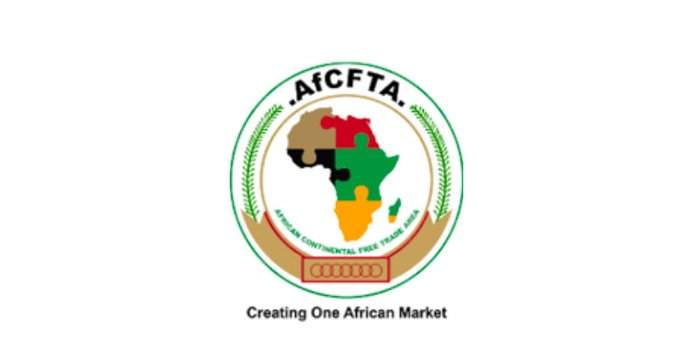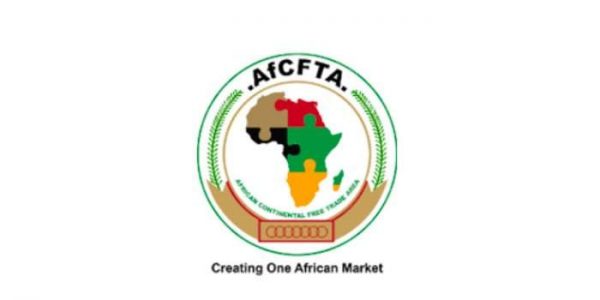On July 7, 2019, Nigeria signed up for the African Continental Free Trade Agreement (AfCFTA), a continent-wide trade deal that would allow for the free movement of people and goods across borders. The program is designed to meld Africa’s 54 countries into one market and make the region more competitive in the global commercial arena.
The AfCFTA is expected to come into effect in Nigeria by July 2020. When it does, it could give Nigerian businesses greater access to a $2.5 trillion economy. It will also let businesses from other African countries operate more freely in Nigeria.
Read more about Business
The Nigerian government had initially been reluctant to sign the deal. It expressed fears that the resulting influx of goods from elsewhere in Africa would threaten local businesses. However, some analysts believe that the program also presents SMEs and larger corporations in Nigeria with the opportunity to expand into other African markets.
How Will the AfCFTA Affect Nigerian SMEs?
The trade pact is likely to have both positive and negative effects on small businesses in Nigeria. The nature of its impact on individual SMEs will depend on the sector in which they operate, and their preparedness for the changes that it will create both at home and abroad.
Positive Effects
Small businesses won’t have to pay tariffs on the products they sell in other countries. Restrictions to entry will also be lifted, and movement between territories will be easier.
They will also be able to sell input to bigger companies on the continent and buy inputs at cheaper prices.
There’s an opportunity to access markets with higher purchasing power, and to substantially increase revenues.
Companies may have access to a greater pool of skilled workers due to the increased mobility allowed by more open borders.
In the long term, Nigerian businesses that establish a strong presence across Africa will be better able to compete on the wider global stage.
Negative Effects
Local businesses may struggle to compete with cheaper imports for products in which Nigeria has a competitive disadvantage.
The influx of cheaper goods and lower cost, highly skilled labour from other countries may lead to the failure of many Nigerian businesses and the loss of employment for some local workers.
If the competition from foreign products is strong enough, it may lead to a contraction in Nigeria’s GDP in the short term.
Opportunities opened up by AfCFTA
Experts predict that these sectors will record increased output as a result of the deal:
Industrial chemicals and pharmaceuticals
Pulp, paper, printing, and publishing
Basic metal, iron and steel production
Food and beverage production
Financial services
E-commerce and other digital services
Industries Under Threat from AfCFTA
These industries are likely to grow more slowly or contract as a result of the implementation of the deal.
Textile, apparel, and footwear
Wood and wood products
Electrical and electronic products
Plastic and rubber production
Motor vehicle assembly
Find our comprehensive listings of businesses in Nigeria here
Is Nigeria Prepared?
Nigeria has built capacity in certain sectors, especially in the financial services and digital technology industries. It will almost certainly gain on these fronts if the AfCFTA were to be implemented within the next year. However, it still struggles with infrastructure constraints that may affect the competitiveness of local businesses in major segments of manufacturing such as textile, plastics, and electronics.
Businesses will have to improve their production processes, and workers may need to sharpen their skills or acquire new ones. But the government will also have to invest in the infrastructure required for Nigeria’s SMEs to thrive in a globalized world.
Sources
African Continental Free Trade Area: Questions and Answers. Published by the African Union.
African Continental Free Trade Area (AfCFTA) Treaty: Opportunities and Directions for Nigerian Businesses and Government. Presentation by Desmond Guobadia, on 7 August 2019.
Rules of origin, tariffs and the AfCFTA, by Willemien Viljoen. Published on the TRALAC blog.
Featured image source: Thebftonline
Got something you want to read about on our platform? Contact us via [email protected]


